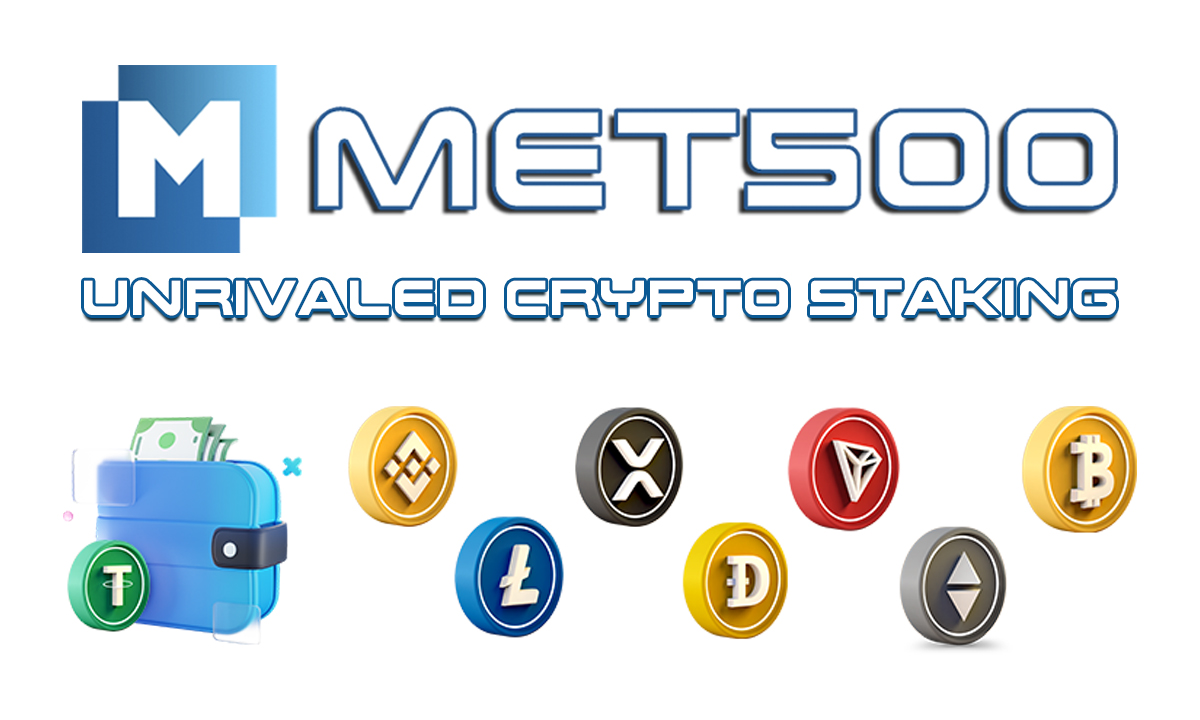Indonesia: Supreme Religious Council considers crypto transactions “forbidden”
The Supreme Religious Council of Indonesia concluded that transactions with cryptocurrencies and any involvement with them should be prohibited, after an extraordinary meeting with the sole subject of opinion on the issue.

More specifically, at the request of the Government of the Asian State, where Islam is the dominant religion at a rate of 86.7%, the Supreme Religious Council (MUI) considers any activity related to cryptocurrencies to be “forbidden”, with the sole exception of whether it concerns the promotion of the Muslim religion.
Let’s not forget that back in 2019 Indonesia’s Central Bank banned the use of cryptocurrencies as a method for installment.
As reported by Bloomberg, Supreme Religious Council’s (MUI) chief Asrorun Niam Sholeh in a statement said that dealing with cryptocurrencies carries elements of betting and uncertainty, and could prove harmful to citizens’ relationship with religion.
In fact, as reported, the meeting of the Supreme Religious Council was held solely to give its opinion on the issue of crypto, as more and more citizens of the island state are testing their fate in the increasingly thriving cryptocurrency market using cryptocurrency trading bots and platforms..
It is characteristically noted that the turnover related to crypto in Indonesia amounts to 26 billion. dollars, constituting a small segment of the global market estimated at 3 trillion dollars. dollars.
However, the judgment of the Supreme Religious Council – which is officially an advisor to the Ministry of Finance and the Central Bank – is not binding on the Government of Indonesia, which has already expressed itself positively about the use of cryptos by allowing transactions, while it is also oriented towards the creation of exchange offices by the end of the year.

As a writer, Ruben is an advocate of blockchain technology and cryptocurrency in general. He writes about all things from cryptography to economics, with a focus on how it applies to cryptocurrencies. He is also passionate about writing about topics such as decentralization, open-sourced software development, and copyright law.



